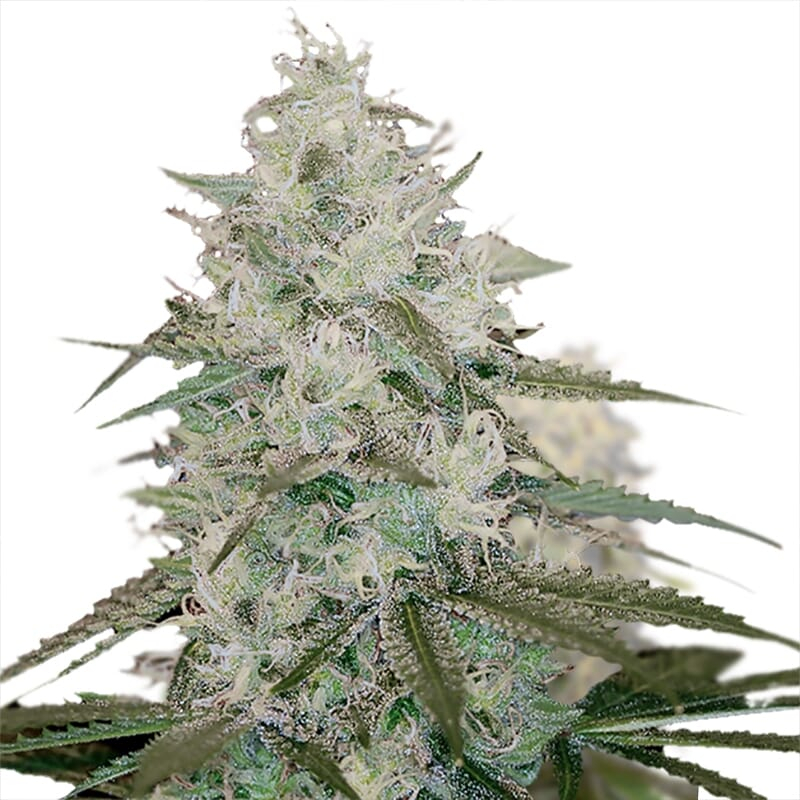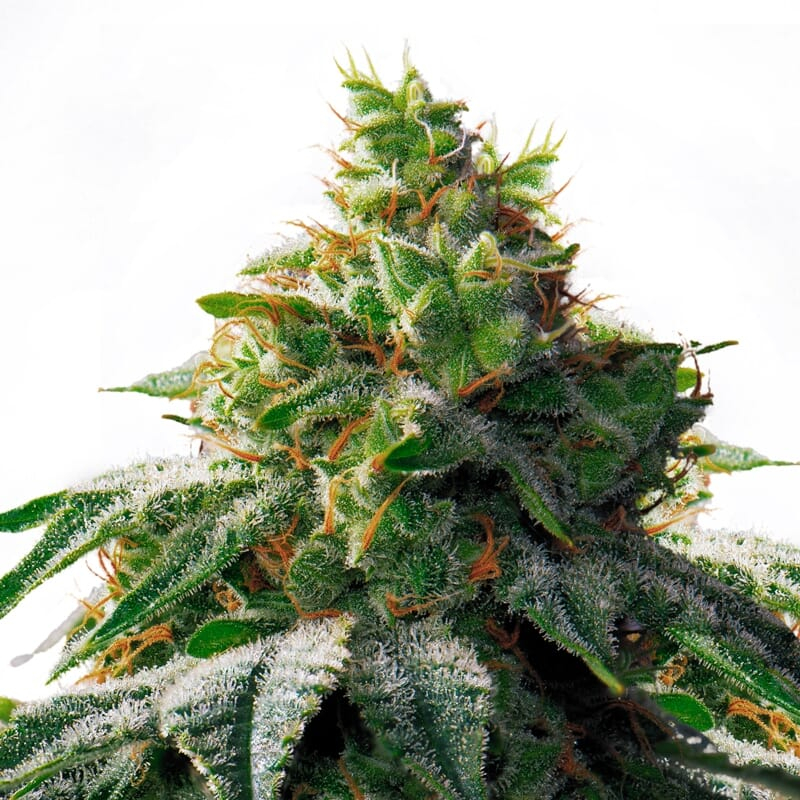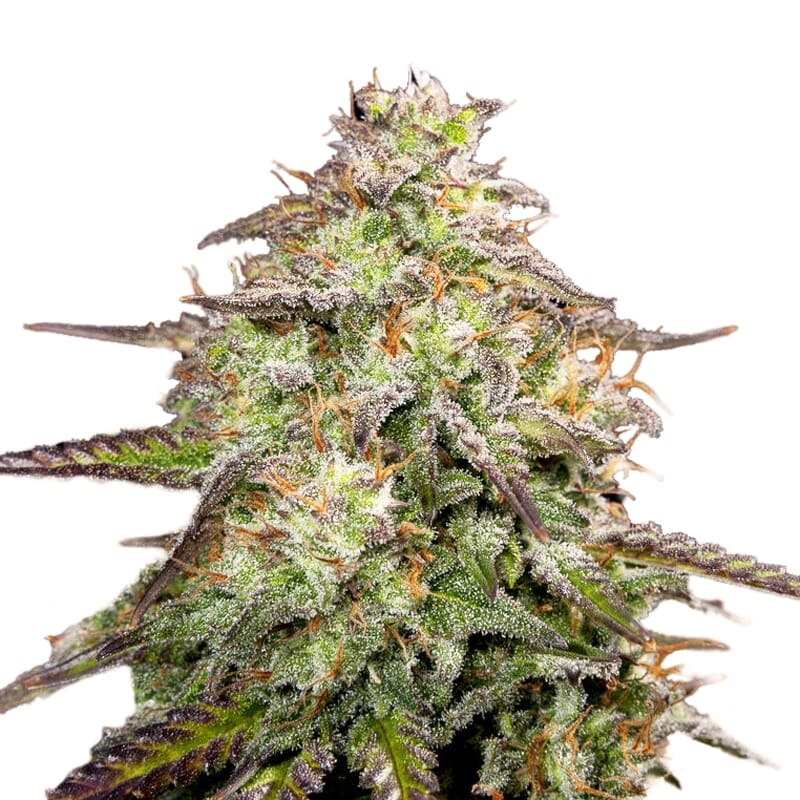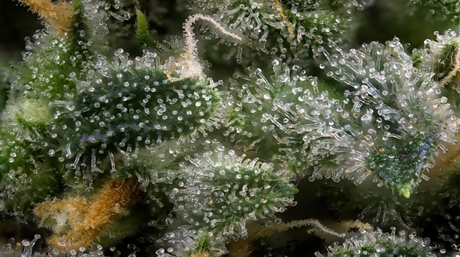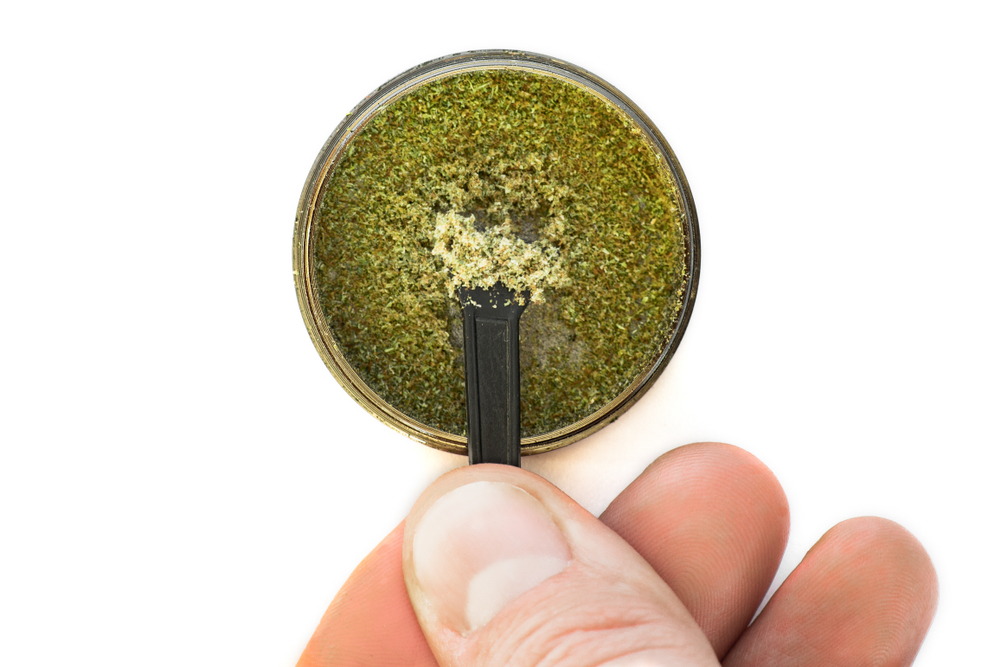Sure, the cultivation of cannabis, especially in the pursuit of resinous, high-quality buds, is an art that requires precision, patience, and passion. The Amsterdam weed culture, famed for its high-quality strains, is a testament to the commitment and meticulous attention to detail that growers devote to their plants. One of the most crucial aspects of cannabis cultivation is maximizing trichome production to enhance the production of cannabinoids and terpenes.
Trichomes: An Overview
In the world of cannabis cultivation, trichomes are like precious crystals that encapsulate the potency and essence of the plant. They’re the tiny, shiny, hair-like appendages on the cannabis flower, bract, and leaves. Their glossy, crystal-like appearance is a sight to behold, but they’re not just for show – they synthesize and store the cannabinoids and terpenes, the chemical compounds responsible for the plant’s therapeutic and recreational properties.

Genetics: The Role in Trichome Production
At the heart of a fruitful cannabis cultivation journey lies the cornerstone of any living organism: genetics. Genetics define the inherent potential of a cannabis plant, including its health, resilience, and, importantly, its ability to produce trichomes, the precious factories of cannabinoids and terpenes.
Starting your cultivation endeavor with the right genetics is like laying a strong foundation for a building; it sets the stage for the successful manifestation of your plants’ inherent capabilities. The choice of strain significantly influences the potential for trichome production. Strains renowned for their abundant trichomes, like MOAB (Mother of all Buds), can be a solid starting point for growers aiming to harvest a resin-rich yield.
But in the world of cannabis cultivation, it’s essential to remember that not all that glitters are gold. While a sparkling surface full of trichomes can be incredibly inviting, it doesn’t necessarily denote superior potency or quality. Each cannabis strain brings to the table a unique combination of characteristics, including cannabinoid content, terpene profile, growth patterns, and resistance to pests and diseases. Therefore, while choosing a strain for your garden, it’s vital to consider these factors and align them with your cultivation goals and capabilities.
Furthermore, your cannabis seeds’ genetic quality is as significant as the chosen strain itself. High-quality seeds breed robust, healthy plants with the potential to reach their genetic potential fully. This includes the production of hairy pistils. Therefore, procuring your seeds from reputable breeders and suppliers becomes an imperative step in your cultivation journey. By doing so, you are maximizing your chances of growing plants that will thrive in your chosen environment and produce the trichome-rich buds that every grower dreams of.
In conclusion, understanding your chosen strain’s unique offerings and securing high-quality seeds are critical steps in the quest for bountiful hairy pistils. It’s a balance of art and science, of knowing what to expect and how to bring out the best in your plants. In this delicate dance with Mother Nature, every decision matters, and the right choice of genetics can make all the difference.

Training Your Plant for Better Trichome Production
Training your cannabis plant can also contribute to increased trichome production. Techniques like low-stress training (LST) and high-stress training (HST) can be used to manipulate your plant’s growth, with each having its benefits and drawbacks. For beginners, LST, involving gently bending and twisting plants, is recommended as it’s less risky than the harsher HST methods, such as super cropping or mainlining, which can potentially damage the plant if not done correctly.
Light Exposure and Quality
Light is the lifeblood of any photosynthetic organism, and cannabis is no exception. The right exposure and quality of light are fundamental for the healthy development of your marijuana plants and, more specifically, for the growth of resin-packed buds. Like actors responding to cues on a stage, cannabis plants are highly attuned to changes in their light environment, which influences their growth cycle, especially in photoperiod feminized seeds.
When we speak of light exposure, we’re not just talking about the simple on-and-off switch of a light source. Instead, it’s about carefully tailoring the lighting schedule to mimic the sun’s natural ebb and flow, from long summer days to shorter winter ones. Simultaneously, manipulating the light’s intensity can stimulate the plant to funnel its energy towards producing a wealthier, more resinous yield. Similarly, ensuring uniform light coverage across the plant canopy can lead to more evenly developed buds, preventing undersized and underdeveloped buds in the lower plant sections. This methodical and precise approach to lighting can make a considerable difference in the plant’s overall health, vitality, and resin production.

UV-Lights: The Controversial Trichome Booster
One of the more controversial techniques in the grower’s arsenal for boosting trichome production is the use of UV-B light exposure. The theory supporting this practice is grounded in the natural role of trichomes as the plant’s own sunscreen, protecting it from harmful UV rays. By increasing the plant’s exposure to UV-B light, particularly during the critical final flowering stage, some growers believe that the plant is prompted to produce more of these protective trichomes in response.
However, like many things in life, too much of a good thing can be harmful. While UV-B light can stimulate trichome production, excessive exposure can also cause plant stress, damaging the plant’s health and potentially decreasing your overall yield. Also, the danger extends to the grower as well, as UV-B radiation can be harmful to human skin and eyes. Therefore, when implementing UV-B exposure in your grow room, it’s crucial to carefully manage the dosage, timing, and personal protection to avoid unintended harm. Even as we strive for higher trichome production, it’s crucial to prioritize both the plant’s and our own health, ensuring a sustainable and safe cultivation practice.
Playing with Humidity and Temperature
Manipulating humidity and temperature settings can serve as an effective tactic to boost trichome production, especially as you approach the end of your plant’s growth cycle. By simulating a natural environment that transitions from the warmth of summer to the chill of winter, you can significantly influence your plant’s behavior and chemical processes. Lowering the temperature to around 15-16°C and reducing humidity to 35-40% creates a mock “winter is coming” scenario. This triggers a survival response in the plant where it focuses its energy on flowering and trichome synthesis. This shift in energy concentration leads to an increase in the production of cannabinoids and terpenes, the compounds responsible for the psychoactive and therapeutic effects of cannabis. This strategy not only helps to maximize resin production but also contributes to the overall flavor, aroma, and potency of the buds.

Flushing the Plants
Flushing, a technique commonly employed by growers, is a straightforward way to enhance the quality of your cannabis plants, particularly regarding resin production. Flushing involves the strategic removal of excess nutrients from the soil, effectively forcing the plant into a state of stress. During this period of stress, the plant must rely heavily on its own nutrient reserves to survive and continue the process of bud production. This survival tactic ultimately leads to an upswing in the production of terpenes and cannabinoids. These compounds are key contributors to the plant’s resin production, contributing to the plant’s potency and rich aroma. By creating an environment where the plant must adapt and utilize its internal resources, flushing provides a means to encourage increased resin production. It’s a testament to the saying that sometimes, a little stress can bring about great results.
Trichomes-Boosting Supplements
Harnessing the power of trichome-boosting supplements can be an effective strategy to ramp up resin production in your cannabis plants. While a rich soil mix and the standard Nitrogen, Phosphorus, and Potassium (NPK) ratio might be suitable for regular growth, optimizing trichome production often requires a little extra nutritional boost. This is where the right blend of macro and micronutrients comes into play.
In the world of plant nutrition, macronutrients refer to the nutrients plants require in larger quantities, such as Nitrogen (N), Phosphorus (P), and Potassium (K). On the other hand, micronutrients, including elements like Iron (Fe), Manganese (Mn), and Zinc (Zn), are required in smaller amounts but are just as vital to a plant’s health and development. This careful balance of nutrients plays a crucial role in stimulating trichome production, enhancing the overall quality and potency of your buds.
However, achieving this perfect nutritional balance can sometimes be a challenge. Each cannabis strain may have slightly different nutritional needs, and slight imbalances can significantly impact plant health and yield. Overcoming this challenge requires high-quality, carefully balanced nutritional supplements designed specifically for cannabis cultivation.
One such product is the Master Miracle-C from Van Goghs. This expertly formulated supplement offers a unique blend of macro and micronutrients, designed to maximize the trichome production of your cannabis plants. Using Master Miracle-C can make the difference between a ‘just okay’ and an ‘absolutely incredible’ resin yield.
To give your plants the nutritional boost they need for exceptional trichome production, visit Van Goghs’ website today. Feed your plants with Master Miracle-C and watch as they flourish, producing abundant, resin-rich buds that boast high-quality and unmatched potency. With the right supplement, the power to cultivate extraordinarily resinous cannabis is right at your fingertips. Unleash your plant’s full potential and elevate your indoor growing experience with Master Miracle-C. A world of high-quality, resin-packed buds is just a click away!

Ice-Cold Water Treatment
In the world of cannabis cultivation, creative and unique methods are often born out of growers’ desire to maximize their plants’ potential. One such method is the ice-cold water treatment. As the name suggests, this technique involves watering your cannabis plants with ice-cold water, typically in the days leading up to the harvest. This sudden exposure to low temperatures sends a stress signal to the plant, similar to the shock of an approaching winter. As a survival mechanism, the plant will try to protect itself by ramping up trichome production, which in turn increases resin yield. While this method has gained popularity, it’s essential to strike a balance. Overdoing it can shock the plant beyond its stress threshold, which could be detrimental to the overall health and quality of your crop.
Total Darkness Before Harvest
Another strategic maneuver to encourage trichome production is imposing a period of total darkness on your cannabis plants just before harvesting. By providing your plants with 48 hours of uninterrupted darkness, you’re simulating an extended night. This tricks the plant into believing that its flowering period is abruptly ending, which instigates a sudden rush in the production of trichomes. This method is based on the plant’s natural reaction to changes in light and darkness. Just as sunlight encourages growth and energy, extended darkness signals to the plant that it’s time to preserve its energy and resources. In response to this perceived threat, the plant will heighten trichome production, thereby increasing the resin content. It’s a simple and cost-effective technique, but as with all growing practices, it should be used responsibly to avoid stressing the plant excessively.
The key to maximizing trichome production lies in careful manipulation of the plant’s environment throughout its lifecycle, and a thorough understanding of the plant’s unique requirements at each stage. Remember, the preservation of trichomes depends on how they are managed during growing and harvesting. As a passionate Amsterdam-based cannabis grower, every step I take in this journey is a testament to my love for the plant and the desire to produce nothing but the best-quality buds. With these techniques, you too can achieve resinous marijuana buds that are a true Amsterdam-quality delight.



